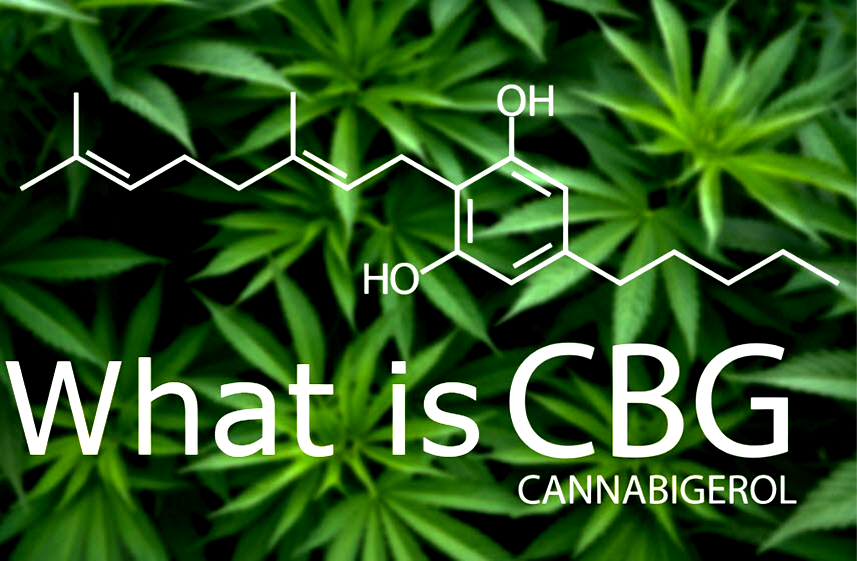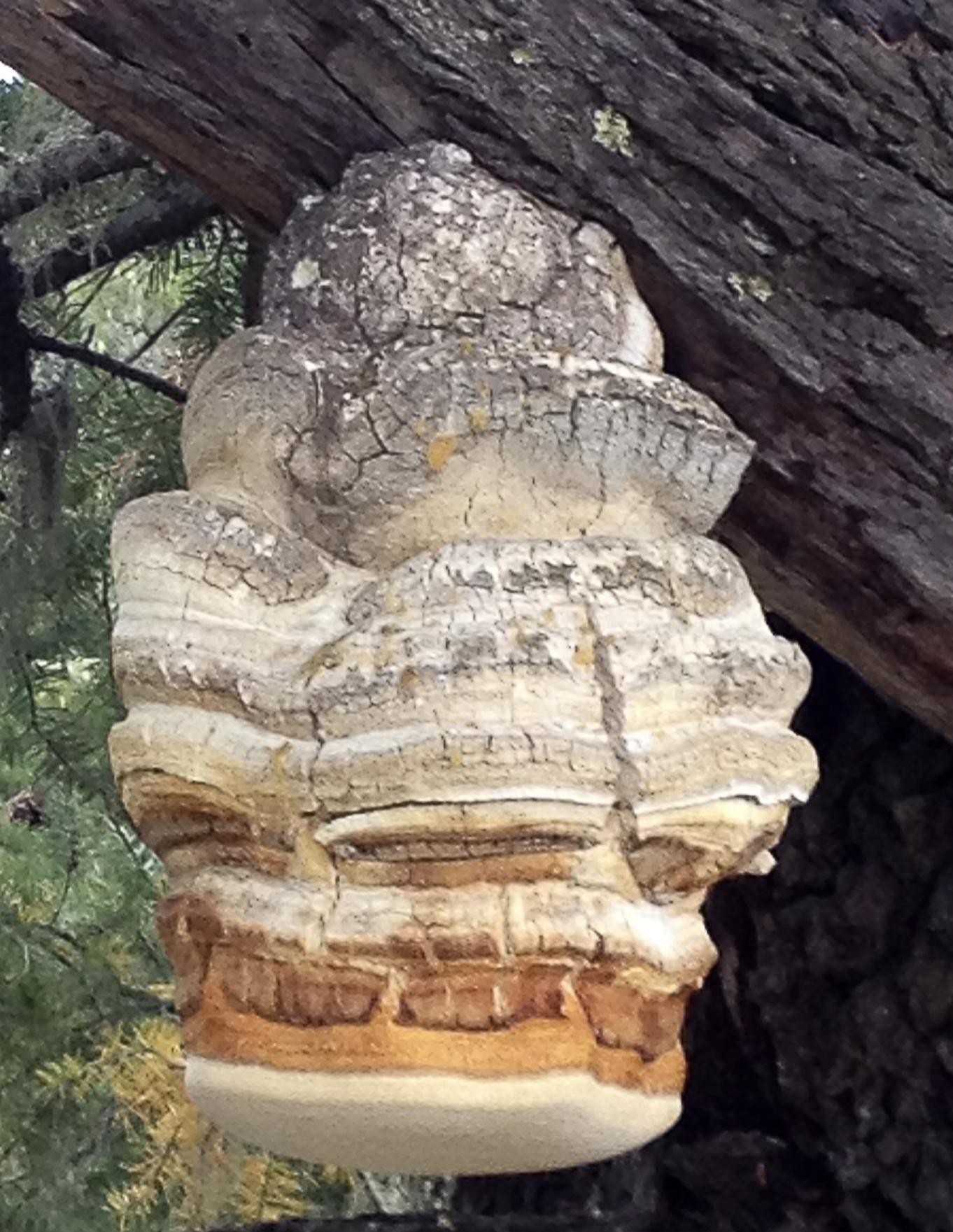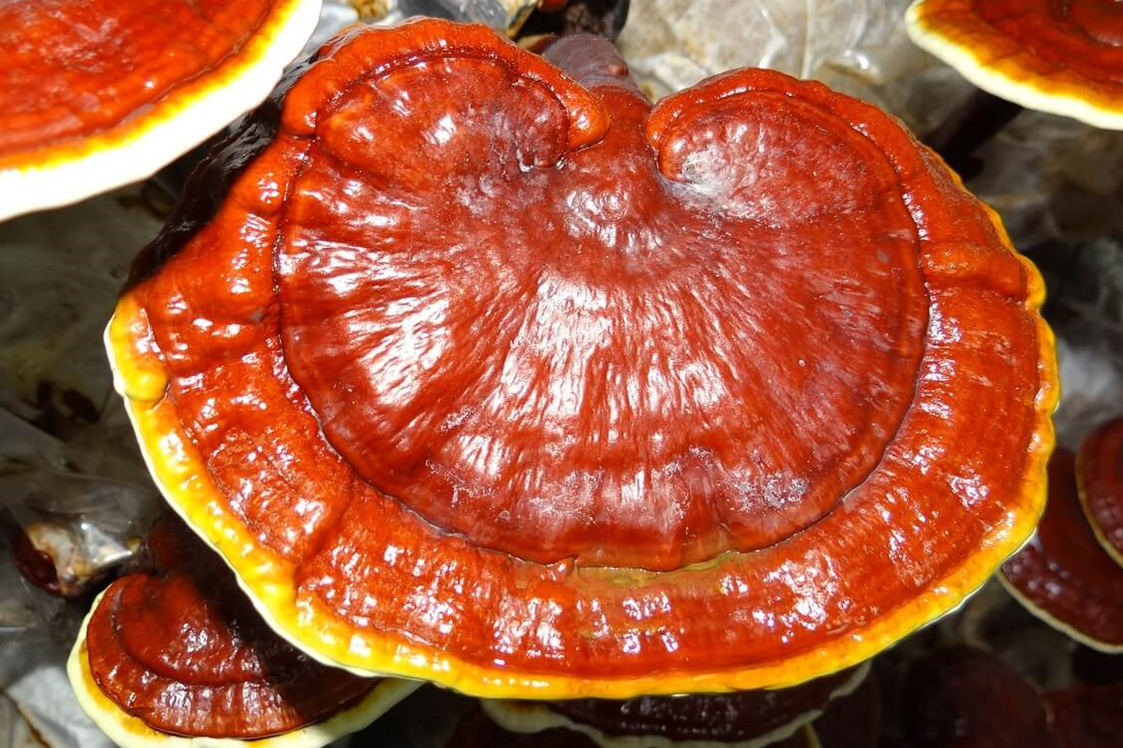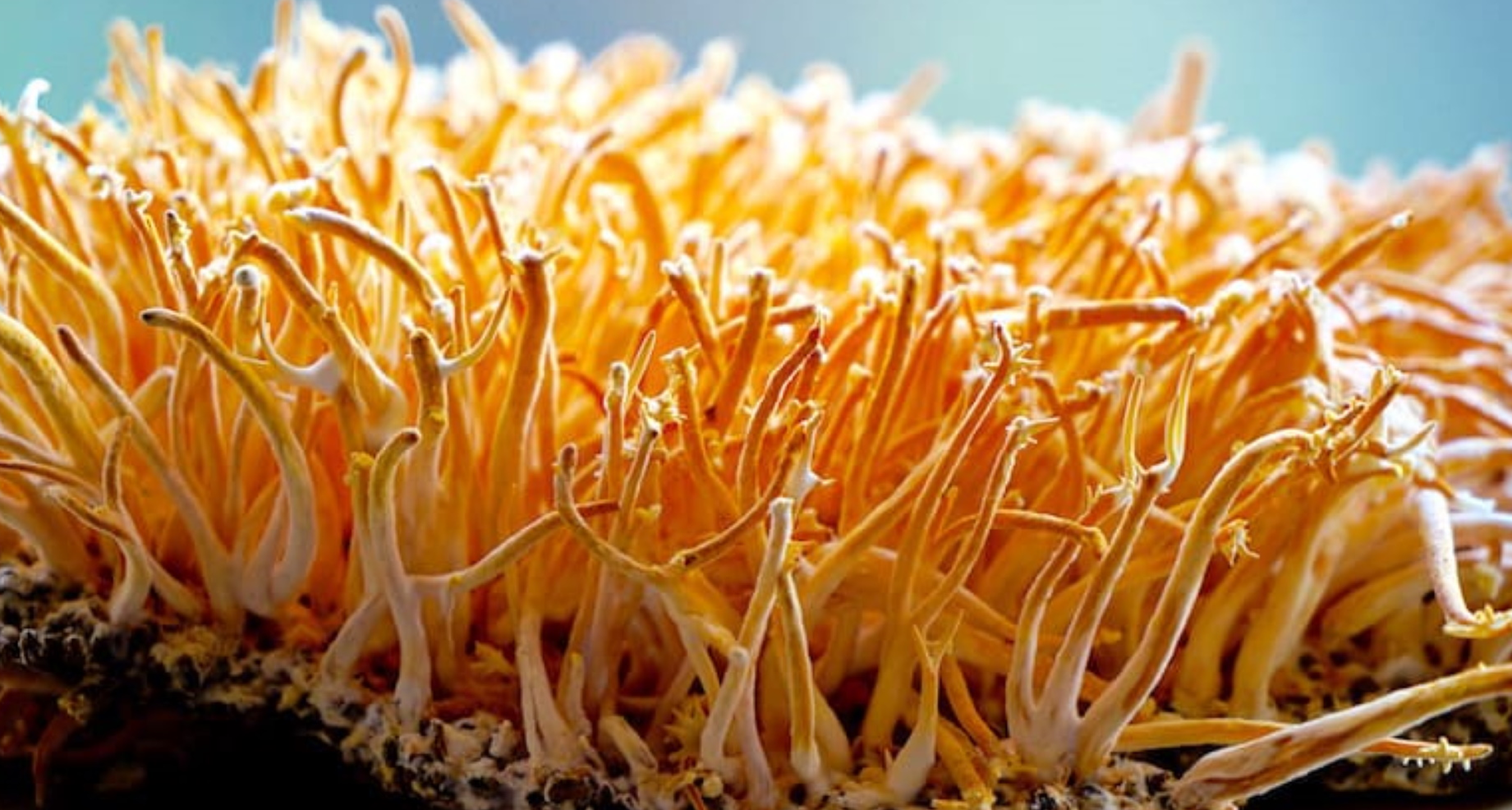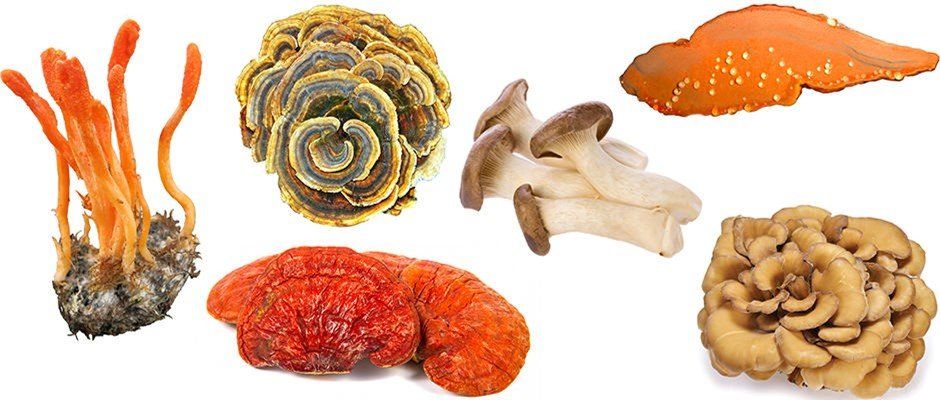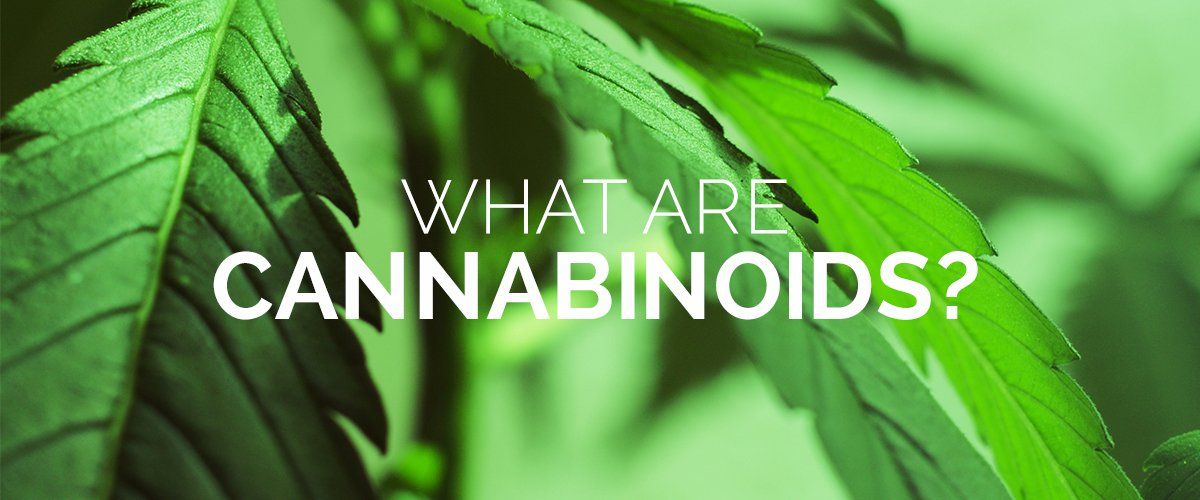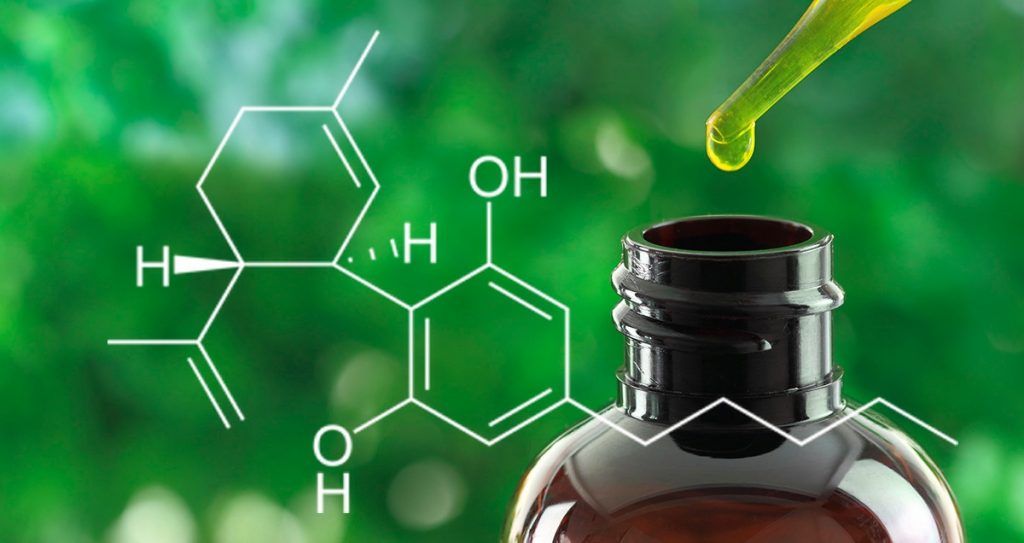CBD & The Brain
How cannabinoids interact with our brains
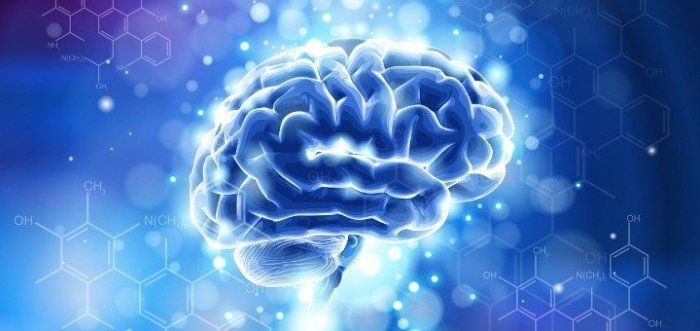
The human brain is the most complex super computer found in nature. It is the command center for the human nervous system. It contains about 86 billion nerve cells (neurons) & billions of nerve fibers, connected by trillions of connections called synapses. On these cells in the brain are cannabinoid receptors that accept and directly communicate with the compounds in cannabis and hemp. Cannabinoids help your brain with so many functions in your body & CBD is like an air traffic controller for cellular communication and facilitating Homeostasis!
Until the late 1980's cannabinoid research only involved a handful of scientists in the United States and abroad. The National Institute of Drug Abuse (NIDA) undermined these efforts by only subsidizing studies designed to prove only the adverse effects of cannabis in any form, while blocking inquiry into it's potential benefits. As it turns out, NIDA inadvertently helped to facilitate some pretty major discoveries about the extraordinary workings of the human brain. Dr. Raphael Mechoulam is the father of cannabis research, best known for identifying, isolating and synthesizing Delta-9 THC in 1964. He said it best when he stated "By using a plant that has been around for thousands of years, we discovered a physiological system of immense importance. We would not have been able to get there if we had not looked at the plant"
This discovery launched a myriad of questions... It was known that smoking cannabis caused a psychoactive effect causing users to be "stoned", but at that time what was actually happening on a molecular level in the brain remained a mystery. How did it work to relieve nausea and seizures? How did it stimulate appetite and relieve pain? How was it that smoking cannabis relieved an asthma attack in seconds? So many unanswered questions revolving around this seemingly miraculous little plant. It wasn't until many years later that the answers began to emerge. In 1992, Dr. Mechoulam and his team discovered an endogenous (meaning "made internally") cannabinoid that attached itself to the same brain cell receptors as THC. They named this neurotransmitter Anandamide which is derived from the Sanskrit word for bliss. This discovery ultimately led to the discovery of the Endocannabinoid System.
These early days of cannabis/brain research has spawned an explosion of scientific research into the many many benefits of this amazing plant and new studies emerge every day. The US government even stood up and took notice, & holds a patent on Cannabidiol(CBD) as a neuroprotectant and antioxidant. Two very specific things that the patent covers:
- Cannabidiol (CBD) as a Neuroprotectant : The language of the patent states Cannabidiols effectiveness in limiting neurological damage following trauma, stroke & treatment of neurodegenerative disease.
- Cannabidiol (CBD) as an Antioxidant : The patent effectively claims that Cannabidiol is "useful in the treatment and prophylaxis of a wide variety of oxidation associated diseases such as ischemia [stroke related], age related, inflammatory and auto-immune disease"
More clinical trials are needed to satisfy the scientific community, but the bottom line is: Cannabinoids are good (I would argue "needed") for the health of your brain. Each of us has a brain fighting every second to achieve and maintain homeostasis.. that is the job of your Endocannabinoid System... and your Endocannabinoid System is perfectly supplemented and empowered with the use of cannabinoids.


